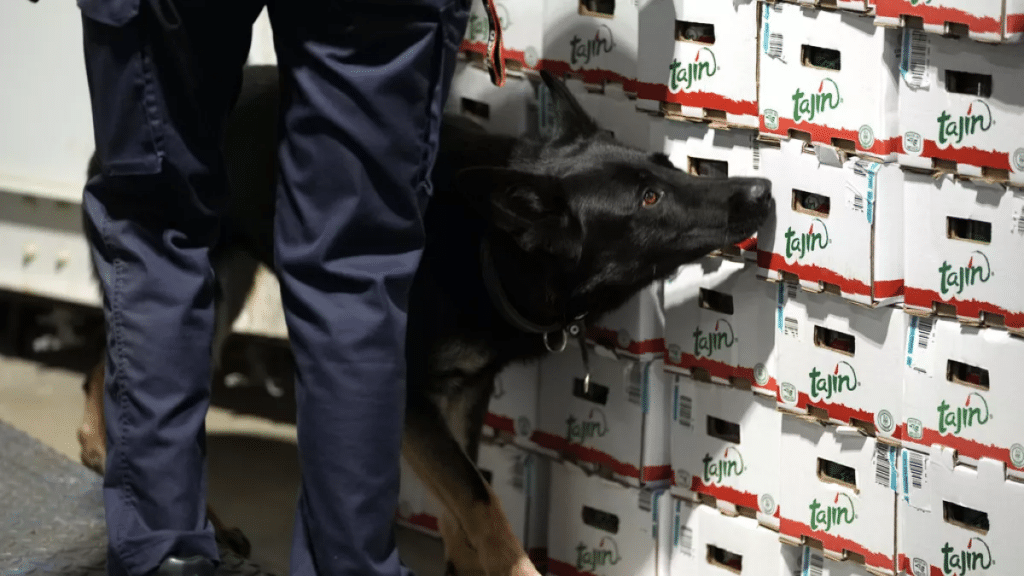Last year, European ports experienced a significant rise in drug seizures due to criminal organizations taking advantage of security vulnerabilities.
On Wednesday, the European Union unveiled an initiative to intensify efforts against drug trafficking through its ports.
The European Ports Alliance was created to improve collaboration and intelligence sharing among police, customs officials, and private sea terminal operators.
Initiated in Antwerp by the European Commission alongside the Belgian Presidency, the initiative seeks to confront organized crime syndicates collaborating across borders.
Ylva Johansson, the EU’s Commissioner for Home Affairs, emphasized the need to address the criminal networks that consolidate large drug shipments in the Americas to redistribute them in Europe.
She highlighted the importance of united efforts to prevent these groups from infiltrating ports through bribery, corruption, and threats, noting the difficulty of accessing harbors and retrieving drugs from containers without internal assistance.
The EU’s Ports Strategy is set to focus on disrupting the global trade hubs used for illicit activities. The past year’s surge in drug seizures across several European nations underscored the urgency of addressing port security flaws.
This alliance intends to enhance anti-trafficking strategies already in place at major northern ports like Rotterdam, Antwerp, and Hamburg, and to implement similar measures throughout Europe.
The initiative’s main goal is to bolster the defenses of Europe’s logistical centers against organized crime, leveraging a deeper understanding of current weaknesses and vulnerabilities to drive improvements in customs risk assessments and targeted controls.
